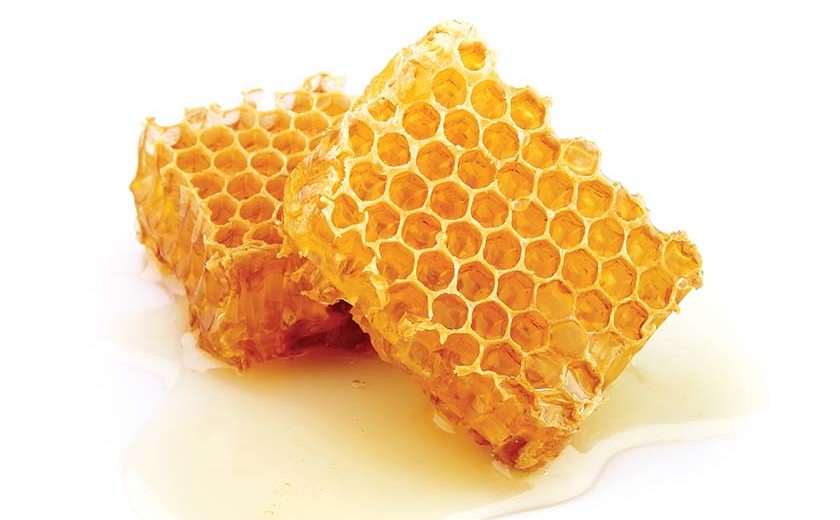Raw unfiltered honey is a very different product from the filtered honey sold in supermarkets. Educate yourself to know the differences and to know what you’re really getting.
Not all honey is created equal. The honey that you buy in the supermarket is not the same as raw unfiltered honey. In fact, many honey sold in supermarkets is fake. Most of it has been modified and lacks the nutrients that make real, pure honey so healthy. Here are some facts you should know about honey before you go shopping.
1 Raw unfiltered honey contains bee pollen, which has long been considered one of nature’s most nourishing foods. Bee pollen is packed with protein, and has been used in Chinese medicine to improve unbalanced nutrition, vitality, longevity, and energy. It is also used for weight control, beauty, anti-ageing, allergies, and overall health.
2 When honey is ultra-filtered or pasteurised, the bee pollen is removed and its many benefits are lost. Companies originally started filtering because it extended the product’s shelf life, but left it devoid of nutrition in the process.
3 Many companies add High Fructose Corn Syrup (HFCS) to honey, made from genetically modified corn. According to Organics.org, “HFCS has been linked to diabetes, obesity, hypertension and liver damage, and leads to plaque build-up and narrowing of blood vessels.”
4 Many supermarket honeys are mass-produced and imported from China and India (sometimes blended). Imported honeys have a history of contamination, which results in mass recalls when caught. In 2003 in the USA, Smuckers recalled over 12,000 cases honey and Sara Lee recalled products which had used 100,000 pounds of that same honey; it had come from China and was contaminated with chloramphenicol (used in eye drops with linked side effect of leukaemia).
5 It’s almost impossible to find organic honey. Considering that bees fly a couple miles away from their hive, there are far too many non-organic farmers and neighbourhoods to be able to guarantee whether a particular honey is pesticide-free. A hive would have to be in the centre of a minimum of 16 square miles of organic plants in order to be truly organic. Also, there are no USDA standards for organic honey; it’s pretty much an arbitrary label.
6 Raw unfiltered honey keeps well for long periods of time. The best place to shop for honey is locally. That way you know exactly where the honey comes from, and you can ask the beekeeper about which kinds of flowers the bees forage on, whether they use additives, if the honey has been filtered, etc. By supporting local business, you’ll get a higher quality product.


